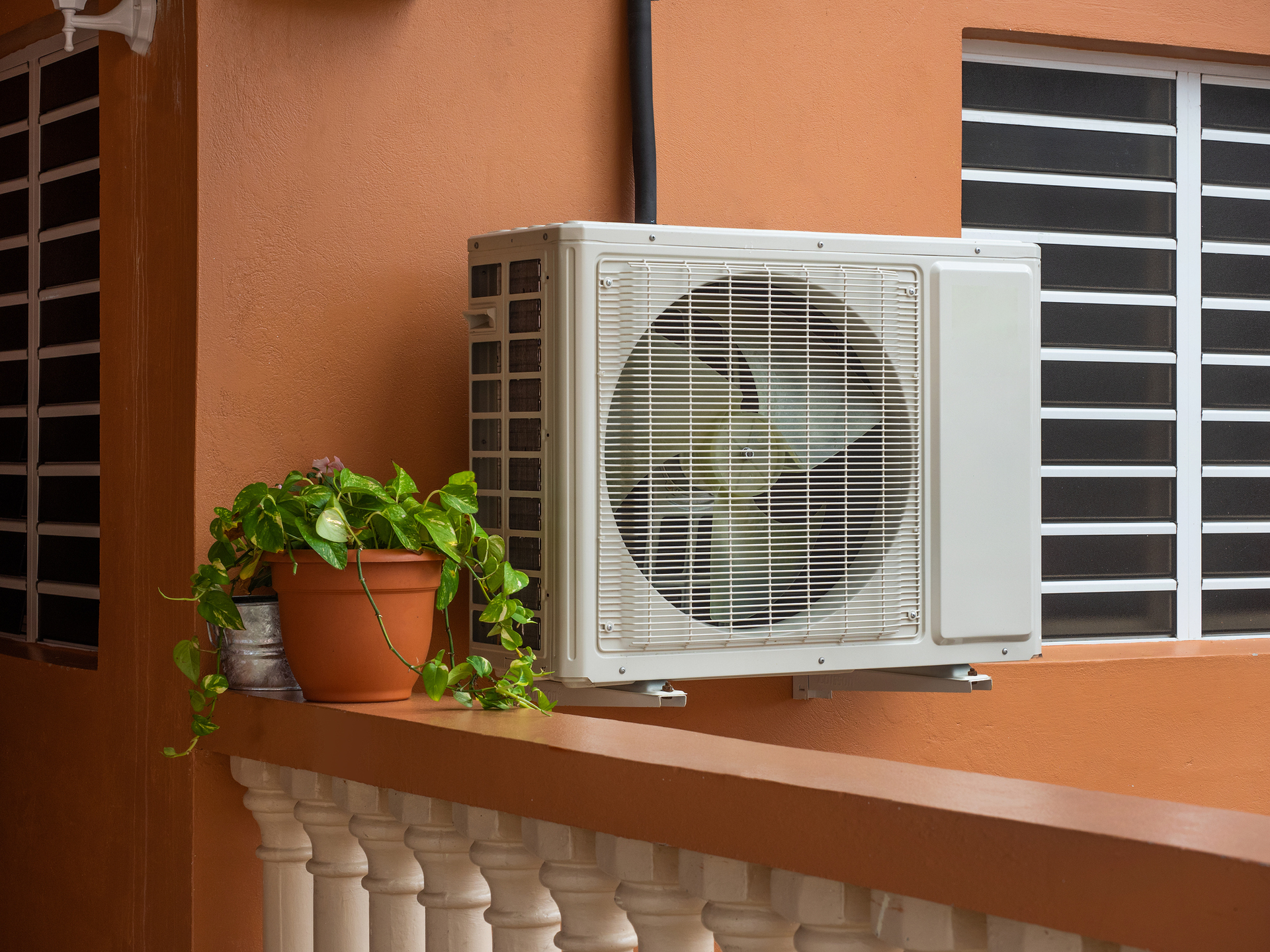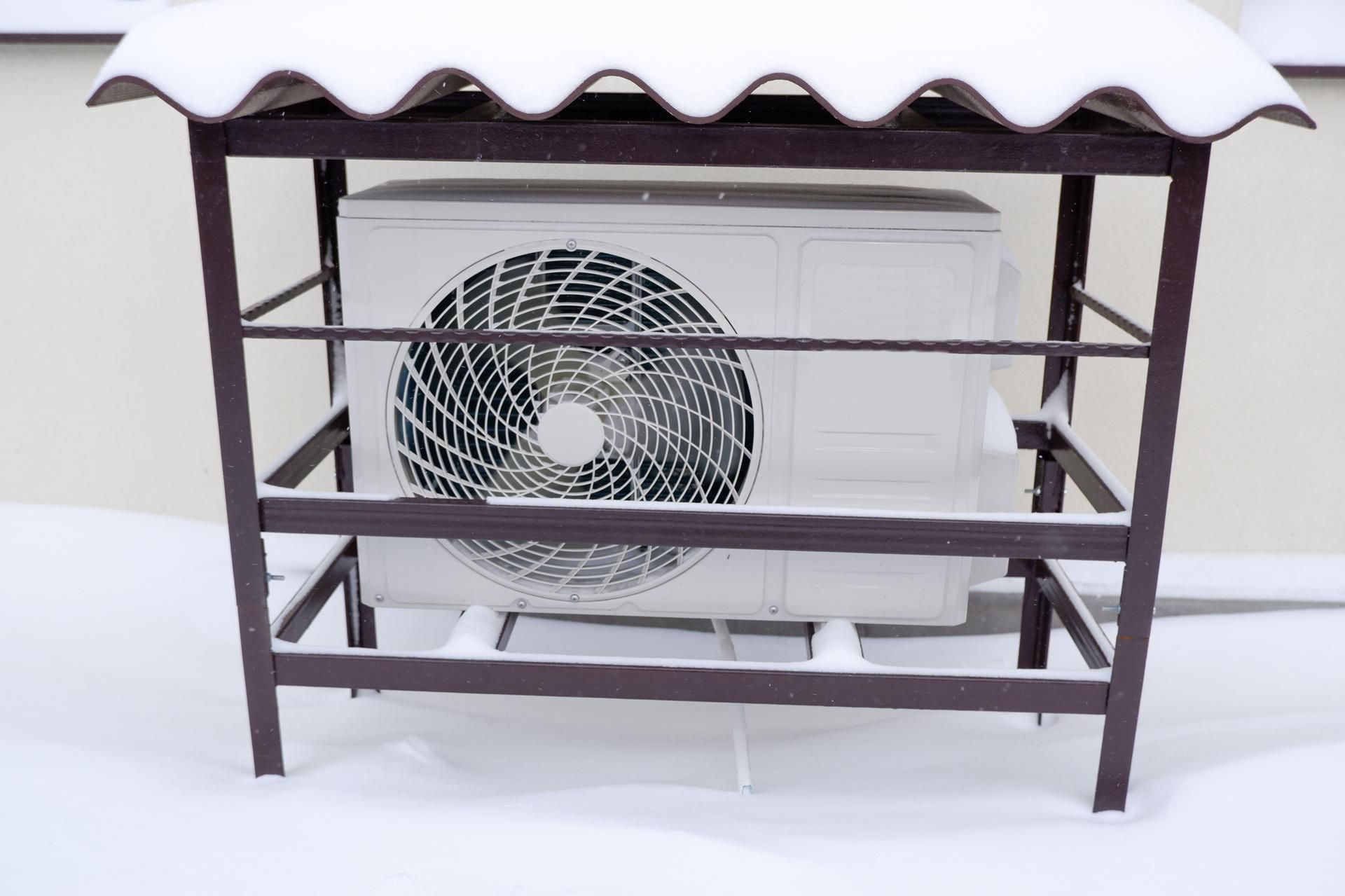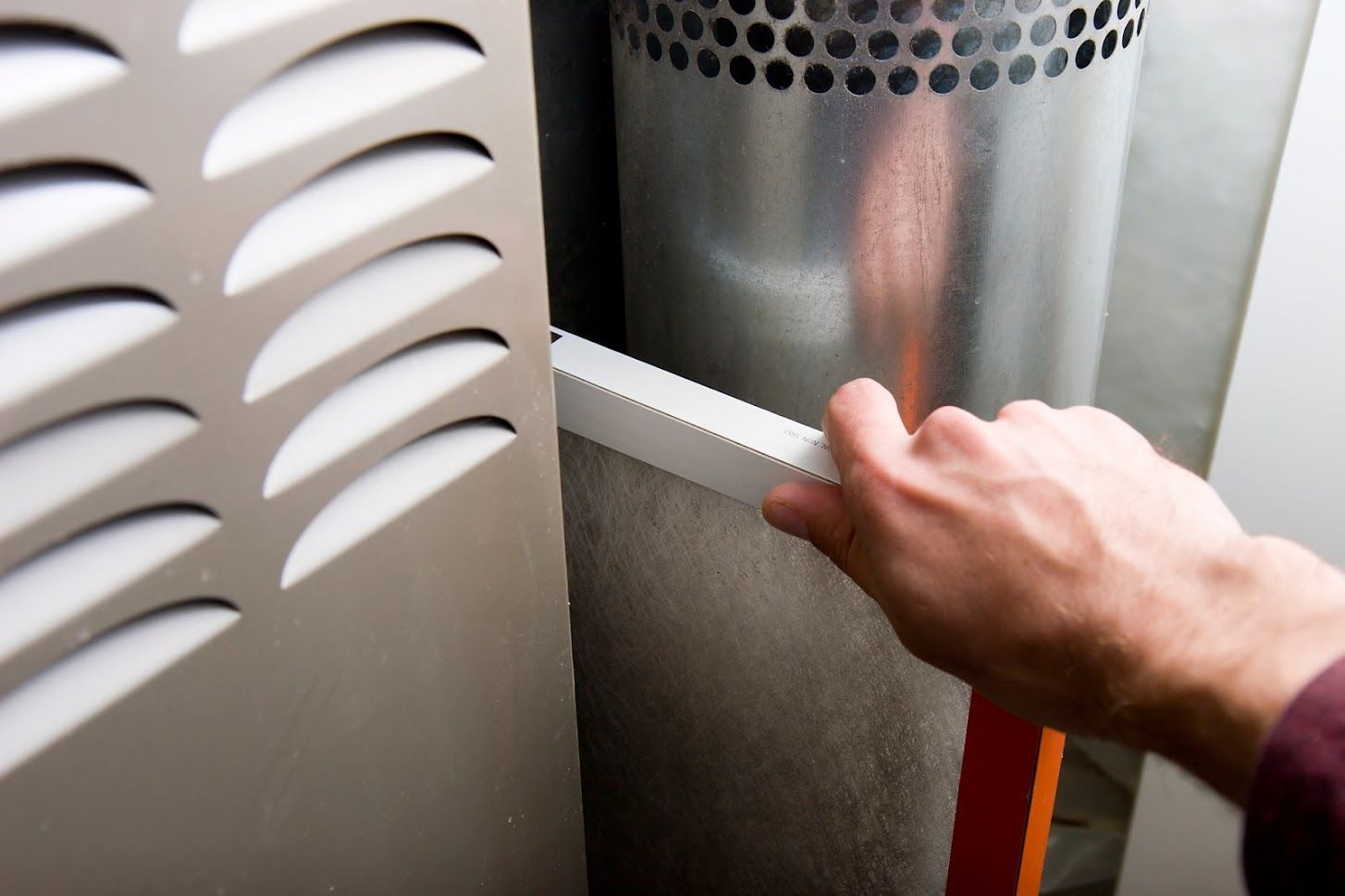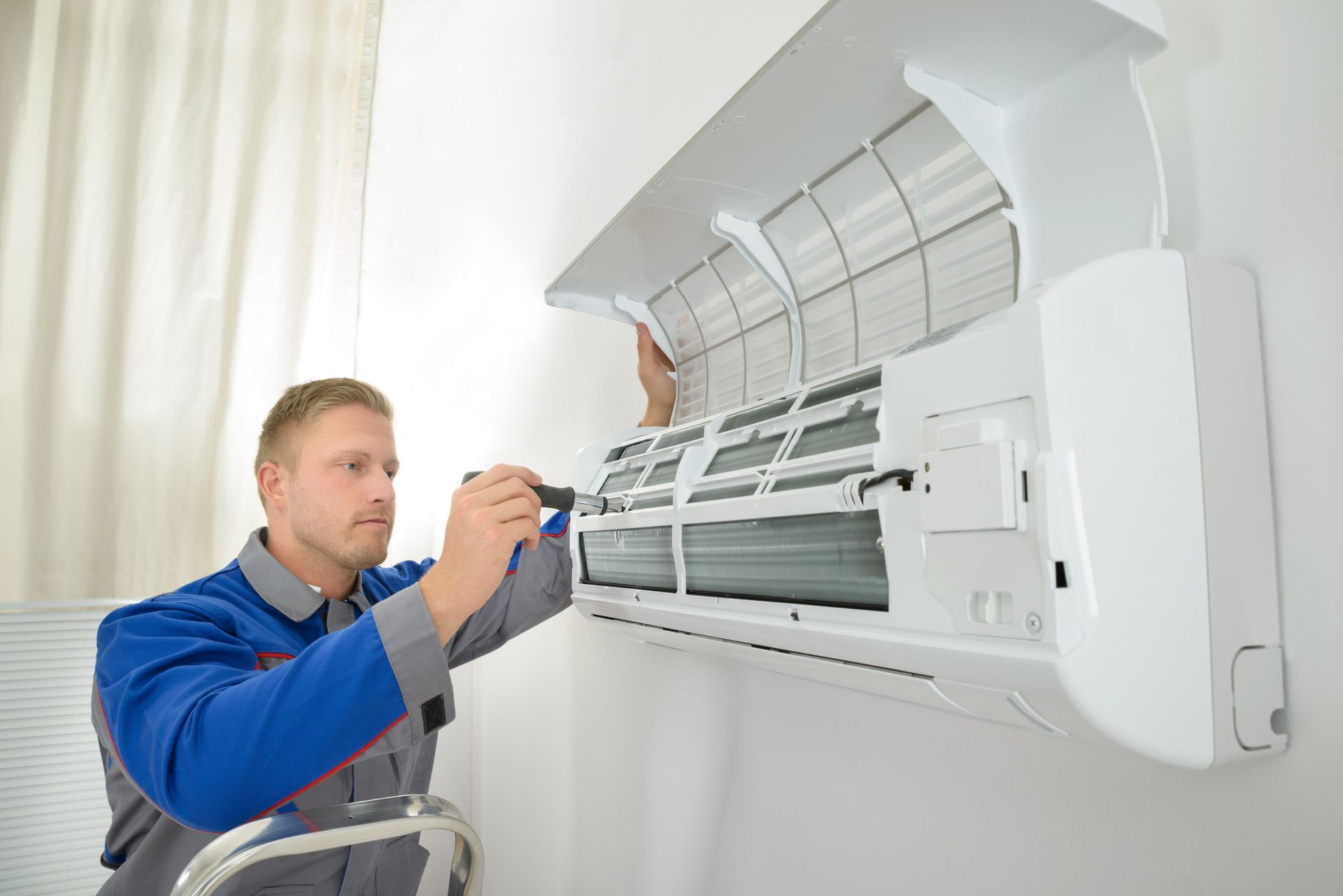Fuel Types to Consider for Your Home Heating System
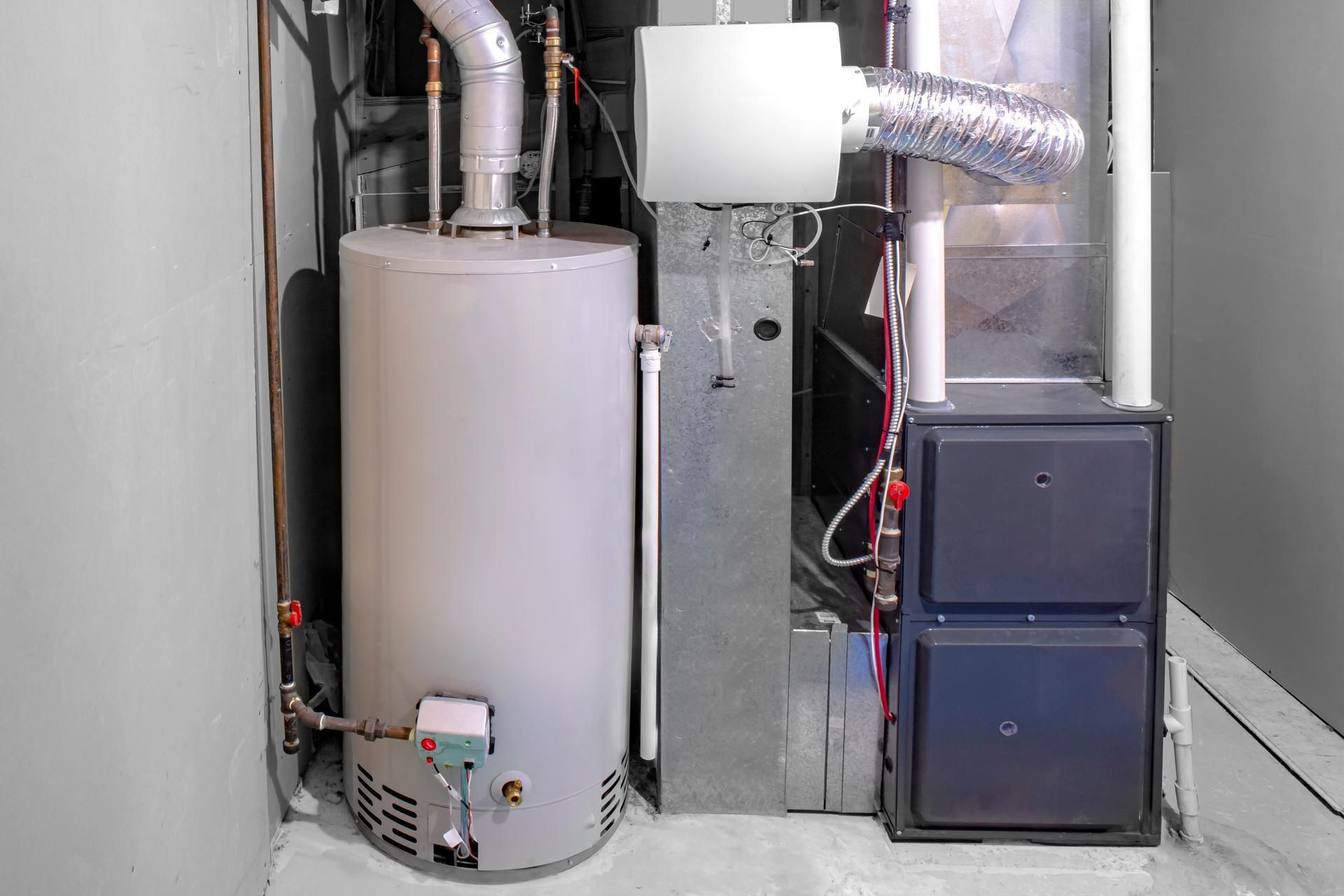
When it comes to keeping your home warm during the colder months, choosing the right fuel type for your heating system is crucial. Not only does it affect the efficiency and cost of your heating, but it also has an impact on the environment. In this article, we will discuss different fuel types that you can consider for your home heating system.
Natural Gas
Natural gas is a fossil fuel that is commonly used for home heating. It is a popular choice due to its affordability and availability in many areas.
Pros
Natural gas tends to be cheaper than other fuel types, making it a cost-effective option for heating your home. It has high-efficiency ratings compared to other fuels, which means that it can heat your home more effectively while using less energy. While natural gas is still a fossil fuel, it produces lower carbon emissions compared to other options, such as oil or coal.
Cons
Natural gas may not be available in all areas, so you will need to check with your local utility company. To use natural gas, you will need to have a pipeline connection and a gas furnace or boiler. The cost of natural gas can vary depending on market conditions, so it may not always be the most affordable option.
Oil
Oil is another popular fuel for home heating, particularly in areas where natural gas is not available. It is a liquid petroleum product delivered by truck and stored in a tank on your property.
Pros
Oil can heat your home quickly and effectively, making it a good choice for colder climates. It also tends to be more affordable than electric heating systems. Oil furnaces and boilers have a long lifespan and require less maintenance compared to other heating systems.
Cons
Oil prices can fluctuate, making it more difficult to predict heating costs. The storage tank for oil can take up space on your property and may need to be refilled several times during the winter months. Burning oil also produces higher carbon emissions compared to natural gas.
Electricity
Electricity is another common choice for home heating, particularly in areas where natural gas or oil are not available. Electric furnaces and heat pumps use electricity to generate heat and distribute it throughout your home.
Pros
Electric heating systems are generally more affordable to install compared to other options. They also tend to have lower maintenance costs. Electricity is a clean energy source, producing no emissions during use. Heat pumps can also be used for both heating and cooling, making them a versatile option.
Cons
Electricity can be more expensive compared to other fuel types, especially in colder climates where it may require more energy to heat your home. Electric heating systems are also less efficient at converting energy into heat, which can lead to higher energy bills. The production of electricity can also have an impact on the environment, depending on how it is generated in your area.
Propane
Propane is a byproduct of natural gas and oil production, and it is commonly used for home heating. It is stored in tanks on your property and delivered by truck when needed.
Pros
Propane has high-efficiency ratings, making it an effective choice for heating your home. It can also be used for other purposes such as cooking, hot water heating, and even as a backup generator. Propane is also readily available in most areas.
Cons
The initial cost of installing a propane heating system can be expensive. The storage tanks take up space on your property and may need to be refilled several times during the winter months. Propane prices can also fluctuate, making it more difficult to estimate heating costs.
There are many different fuel types to consider for your home heating system. Each has its own pros and cons, so it is important to evaluate your options carefully before making a decision. By choosing the right fuel type for your heating system, you can stay warm and comfortable in your home while also being mindful of your budget and the environment. If you need help choosing a fuel type for your heating system installation, work with our HVAC professionals at A-1 Finchum Heating & Cooling.



